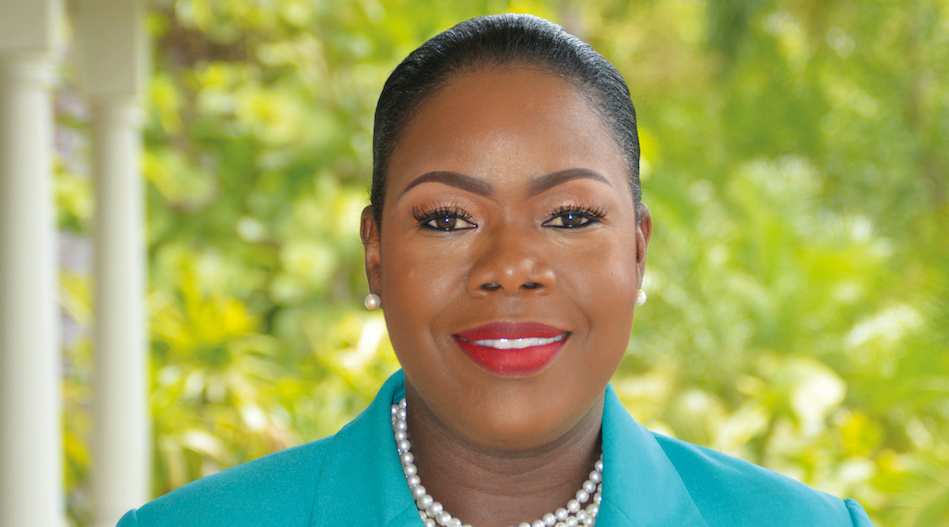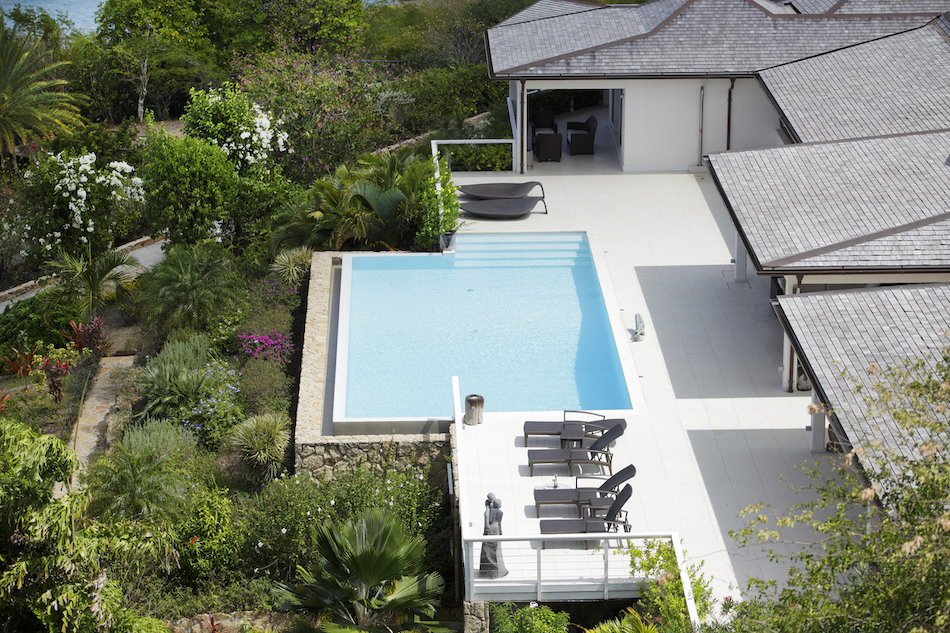Antigua & Barbuda: Raising the Bar in Global Investment Migration
As global investors reassess residency, mobility, and long-term security, Antigua and Barbuda has emerged as one of the Caribbean’s most forward-thinking and resilient investment migration destinations. CEO Insight’s Dominic Hale speaks with Charmaine Quinland-Donovan, CEO of the Antigua and Barbuda Citizenship by Investment Unit (CIU), to explore infrastructure strengths, due-diligence enhancements, digital transformation, and the programme’s unmatched family inclusivity.

Dominic Hale: How does Antigua and Barbuda differentiate itself as a pro-business jurisdiction within the Caribbean, particularly in terms of infrastructure, transport connectivity, and investor-friendly policies?
Charmaine Quinland-Donovan: In business, access is everything. Antigua and Barbuda boasts world-class infrastructure designed with business continuity, international access, and connectivity in mind. Our modern, state-of-the-art V.C. Bird International Airport offers direct flights to and from major global hubs such as Miami, New York, London, Toronto and Frankfurt — an invaluable advantage for international investors and logistics-driven enterprises.
If sea travel is preferred, our seaport is one of the most active and modern in the Eastern Caribbean. Recent expansions, delivered through private-sector partnerships, have strengthened shipping, logistics and overall trade flow.
“In business, access is everything — and Antigua & Barbuda offers world-class connectivity, stability, and opportunity.”
We also benefit from robust digital infrastructure supported by regional fibre networks and a fully liberalised telecoms market. Our strategic geographic position provides an ideal gateway to both North and South America, with a time zone that naturally aligns with major global markets.
Whether moving goods, data or people, Antigua and Barbuda offers exceptional efficiency, connectivity, and enabling support systems. The country also provides strong legal protections under a British-based legal system, a stable parliamentary democracy and straightforward incorporation processes. Our Investment Authority offers expert guidance on tax concessions and duty-free access, and foreign ownership is permitted across most sectors.
Dominic Hale: With the recent region-wide increase in the minimum investment threshold, what impact do you anticipate on demand for Antigua and Barbuda’s Citizenship by Investment Programme (CIP), and how will you maintain its competitive edge?
Charmaine Quinland-Donovan: The Memorandum of Agreement (MoA) of March 2024, signed by the Prime Ministers of the five OECS countries operating CIPs, mandated an increase in the minimum investment threshold to US$200,000 by 30 June 2024. Many prospective applicants accelerated their submissions to meet the deadline, meaning a natural dip in applications followed.
A higher threshold reduces applications from lower-income tiers, but this is not necessarily negative; more discerning investors typically pursue deeper in-country opportunities.
Antigua and Barbuda continues to distinguish itself as a programme of integrity — an especially valuable differentiator during a period of intensified global scrutiny. Concerns commonly directed at CIPs — such as weak due diligence or insufficient ties to the issuing country — do not apply here. Our programme is globally respected for its rigorous due-diligence processes, longstanding residency requirement, and strong governance.
This reputation, combined with a renewed focus on customer service excellence, ensures Antigua and Barbuda retains a competitive and credible position in the market.

Dominic Hale: The introduction of mandatory interviews reinforces Antigua and Barbuda’s commitment to due diligence. How does this improve the credibility and attractiveness of the CIP?
Charmaine Quinland-Donovan: Mandatory interviews across Caribbean CBI jurisdictions send a strong signal of regional commitment to transparency, security and long-term sustainability. For Antigua and Barbuda, the interviews enhance an already robust due-diligence framework, giving approved applicants confidence that they are joining a carefully vetted, exclusive pool of investors.
Enhanced controls support programme stability and demonstrate alignment with the expectations of key global partners. They also reinforce our responsibility to safeguard not only our own borders but also those of the countries with which we enjoy visa-free agreements.
“Antigua & Barbuda now leads the industry with the most expansive definition of dependants — spanning five generations.”
Transparency has always been central to our programme. By law, the CIU tables its statistics in Parliament twice annually. The interview requirement aligns perfectly with this culture of accountability.
Dominic Hale: Antigua and Barbuda has expressed openness to applicants who have derived wealth from cryptocurrency, provided assets are converted to fiat. How does this align with global trends, and how do you ensure regulatory compliance?
Charmaine Quinland-Donovan: Our programme is fully inclusive, and many modern investors now hold part of their wealth in cryptocurrency. Without revealing proprietary processes, I can confirm that we work closely with our due-diligence partners to examine the source of funds introduced into the cryptocurrency environment and assess associated risks.
We have long signalled a non-aversion to crypto wealth, but our priority remains safeguarding programme integrity. We continue to enhance the systems and structures that will eventually support more direct digital-asset processing in a compliant manner.

Dominic Hale: Can you elaborate on how the new digital platform enhances efficiency and transparency for applicants, agents, and government authorities?
Charmaine Quinland-Donovan: Our upgraded application management system supports the CIU’s digital transformation objectives by improving operational efficiency, security and user experience. Licensed Agents now have access to an enhanced CIU Agent Portal with expanded functionality and better collaboration tools.
A major improvement is the move from scanned uploads to dynamic webform entries, enabling collaborative real-time data entry. End-users benefit from advanced search, real-time task reassignment, interactive dashboards, chat tools, calendar-based planning, mobile task management, and comprehensive audit logs.
These enhancements modernise workflows, strengthen system security and significantly improve usability for applicants and stakeholders alike.
Dominic Hale: How does Antigua and Barbuda’s expansive definition of dependants compare to other CIP programmes?
Charmaine Quinland-Donovan: Antigua and Barbuda offers the most expansive definition of dependants in the investment migration industry — allowing up to five generations of family members in a single application.
The programme allows the following family members to be included in an application:
- Applicant (≥ 18 years)
- Spouse of the Main Applicant (≥ 18 years)
- Children of the Main Applicant or the Main Applicant and his/her Spouse (≤ 30 years)
- Parents of the Main Applicant or Spouse (≥ 55 years)
- Grandparents of the Main Applicant or Spouse (≥ 55 years)
- Unmarried siblings (legal brothers and sisters) of the Main Applicant or Spouse
- Spouse of the dependent child of the Main applicant or the Main Applicant and his/her Spouse
- Grandchildren of the Main Applicant or the Main Applicant and his/her Spouse
This extraordinary level of inclusivity helped Antigua and Barbuda win the CIS Family Inclusivity Award – April 2025, reaffirming our commitment to family-centred investment migration.

